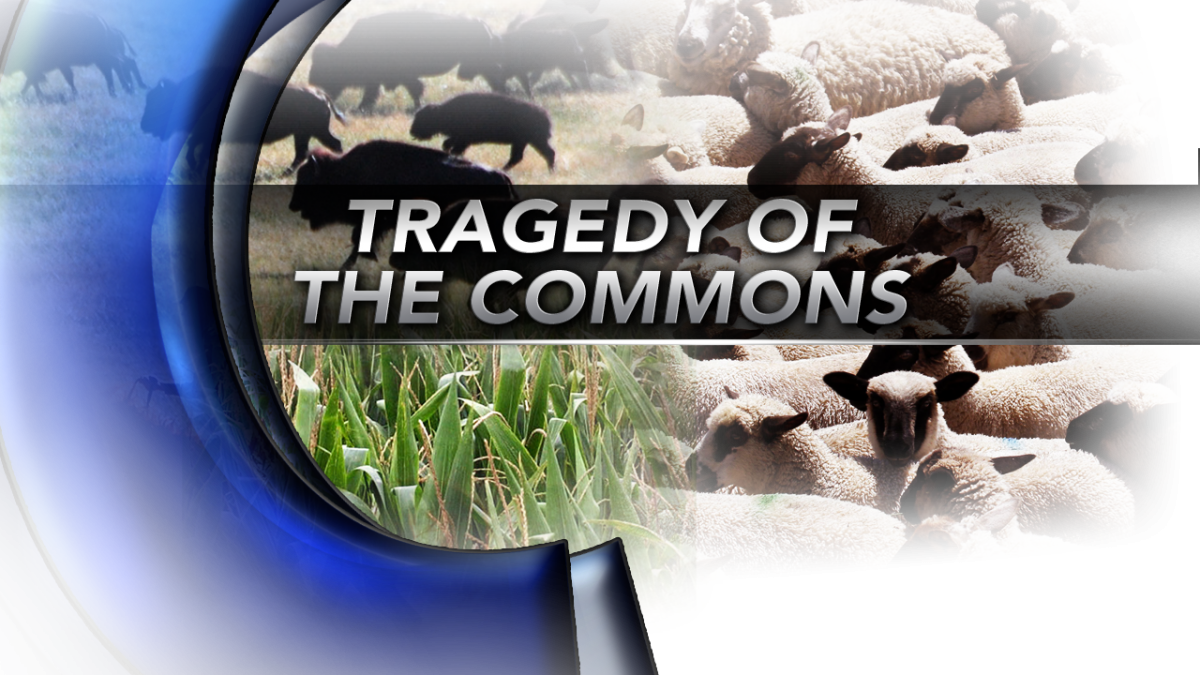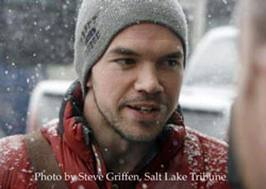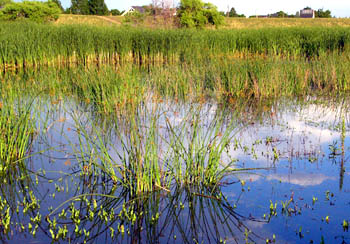by Shawn Regan The Washington Post reports this week that the EPA is ramping up its efforts to address environmental justice—a concern that director Lisa Jackson calls “the biggest chunk of unfinished business when you think of the environmental landscape.” As the WaPo writes, the EPA has “forced emitters, including container-glass plants, cement plants andContinue reading “And Environmental Justice for All”
Author Archives: admin
Watch PERC on the Fox Business Network
by Shawn Regan As John Stossel writes, the first Thanksgiving almost didn’t happen. Communal property arrangements caused early Plymouth settlers to nearly starve. Food production was low and famine soon resulted. It wasn’t until settlers began assigning property rights to parcels of land that Thanksgiving was possible. Corn was planted, harvests rose, and in 1623,Continue reading “Watch PERC on the Fox Business Network”
High density energy spares landscapes; low density consumes it.
by Pete Geddes Over millennia, plants and animals have adapted to changing climates by migrating to more favorable locales. If the climate continues to change in a manner consistent with current expectations, most warming will occur in the high latitudes. In order for plants and animals to adapt, large areas of habitat — especially thoseContinue reading “High density energy spares landscapes; low density consumes it.”
The Fate of the Bogus Bidder
by Laura Huggins A federal judge just set a new trial date for environmental activist Timothy DeChristopher, asserting that serving “the ends of justice” outweigh the college student’s right to a speedy trial. DeChristopher, an economics major at the University of Utah, was indicted in April of 2009 on federal charges of violating an onshoreContinue reading “The Fate of the Bogus Bidder”
Romance in the parks
At the annual meeting of the Society for Enviromental Journalists, PERC researcher Holly Fretwell suggested that the national parks would benefit most from earning their own funds from entrance fees rather than depending on politicians to hand over more tax dollars. Meanwhile, the parks continue to deteriorate.
Saving Toads thru Off-Road Racing
by Laura Huggins In my neck of the woods there’s a saying that pertains to endangered species; “shoot, shovel, and shut-up.” Interestingly, in the case of the rare (and not too cute and cuddly) Amargoso toad, the local folk are working hard to protect it. What keeps these land owners from shoot, shovel, and shut-upping? DoContinue reading “Saving Toads thru Off-Road Racing”
Why are U.S. Taxpayers Paying Brazilian Cotton Growers?
by Shawn Regan From NPR’s Planet Money comes this puzzling question: why are U.S. taxpayers subsidizing Brazilian cotton growers? The answer lies in a contentious trade war that pits the U.S. — which pays out between $1.5 and $4 billion a year to U.S. cotton farmers — against the World Trade Organization, who says U.S.Continue reading “Why are U.S. Taxpayers Paying Brazilian Cotton Growers?”
Why the Quest for Oil is So Risky
by Shawn Regan Why are we drilling for oil 40 miles offshore and thousands of feet underwater? This AP article claims that the answer is simply the world’s unquenchable demand for oil: The world’s thirst for crude is leading oil exploration companies into ever deeper waters and ventures fraught with environmental and political peril. The days when theContinue reading “Why the Quest for Oil is So Risky”
Contracting for Ecosystem Services
This workshop will consider the potential for contracting for ecosystem services by focusing on the transaction costs of such contracting, other impediments to contracting, and public policies that could promote market transactions. Specific focal areas include: water quality and quantity, wildlife habitat, open space, and agricultural pollination services.
Are Catch Shares on the Rise in U.S. Fisheries?
by Shawn Regan Today the National Oceanic and Atmospheric Administration (NOAA) released a policy advancing the use of catch share programs in U.S. fishery policy. Catch shares are a form of rights-based fisheries management that allocates a portion of the total allowable catch to individuals, cooperatives, or other entities — an approach PERC has advocatedContinue reading “Are Catch Shares on the Rise in U.S. Fisheries?”




